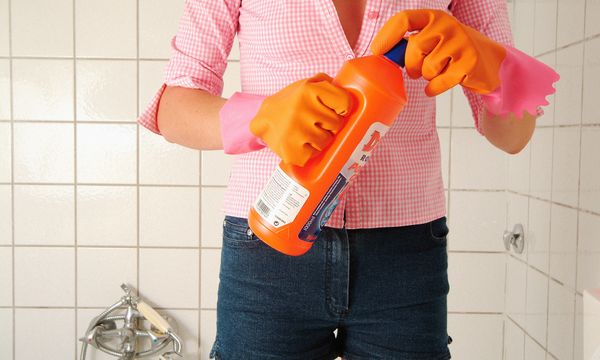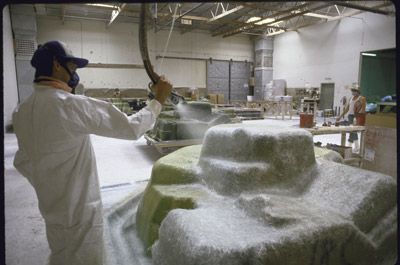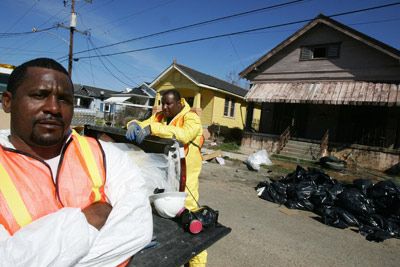Key Takeaways
- Air fresheners contain chemicals like formaldehyde, petrochemicals, p-dichlorobenzene and aerosol pollutants that can pose health risks, particularly with continuous or high-level exposure.
- Studies have linked the use of air fresheners to respiratory issues, reduced lung capacity and asthma aggravation due to the combination of certain chemicals and ozone-forming formaldehyde.
- While the EPA has not issued advisories against air fresheners, they recommend careful usage. Alternatives like natural ventilation, baking soda, coffee grounds or lemon peels for odor elimination are better options for those concerned about health effects.
Air fresheners sell like gangbusters in the United States. Around 75 percent of American homes use some form of them, racking up more than $1 billion in profits for the industry [source: NRDC]. In fact, since 2003, sales have doubled as the market has broadened to offer solid, aerosol and plug-in varieties in a smorgasbord of scents.
But the domestic fragrances and odor neutralizers have also received a bad rap for their chemical stewpots. Environmental groups repeatedly warn against using many types of air fresheners, citing a list of pollutants they claim can threaten our health. At the same time, industry representatives maintain that air fresheners pose no risk. U.S. government organizations, such as the Consumer Product Safety Commission and the Environmental Protection Agency, have not ruled on whether they should be legal since studies on their health effects are scarce.
Advertisement
A 2007 study by the National Resource Defense Council (NRDC) spiked this public debate. In testing 14 different air fresheners sold at a Walgreens drug store, the study concluded that many contained chemicals that could cause developmental and reproductive problems, especially for infants [source: NRDC]. It highlighted the presence of phthalates, chemicals that manufacturers use as plastic softeners and to hold fragrances. California and Washington have banned the sale of children's toys containing phthalates because of their link to hormonal disruptions in additional studies on animals.
Although the organization didn't call for the removal of the air fresheners from the market, it set off a wave of mixed reactions. Walgreens, for instance, removed three of its generic brand air fresheners that the study found had the highest levels of phthalates [source: Meersman]. Some, however, called the NRDC testing procedures into question since it didn't take into account factors such as the size of the room it is dispensed in, a person's distance from the product and the time they stay in a room [source: Masters].
But the list of possible air freshener irritants doesn't stop there. On the next page, we'll cover the other offenders and natural ways you can halt odors at home.
Advertisement




